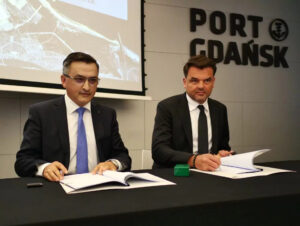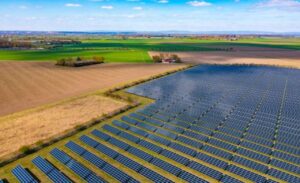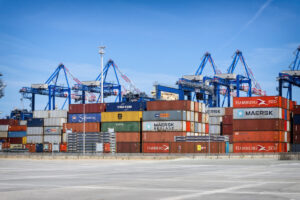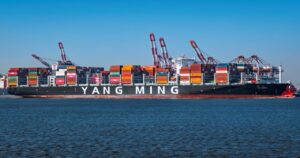The Port of Rotterdam has strengthened its collaboration with the Port of Duisburg (duisport) to expand initiatives in the area of digitisation and energy transition – aiming to become key logistics hubs in Europe and the world.
Markus Bangen and Allard Castelein – CEOs at duisport and Port of Rotterdam respectively – have signed a Letter of Intent (LOI) to consolidate their cooperation.
According to a joint statement, the LOI is aimed at creating the most digital and most sustainable port-inland hub connection in the world by linking Duisburg’s ‘Rail Freight Data Hub’ initiative with Rotterdam’s ‘Rail Connected’.
Digitisation and data sharing projects aspire to further increase sustainable exchange of containers between the two logistics hubs. The current container traffic is estimated at 1 million TEU each year.
With regards to the energy transition, both ports plan to investigate the development of hydrogen hubs to transform Rotterdam into the future ‘hydrogen gateway’ to Europe and duisport as the hub for Germany.
“We are facing major challenges that we will overcome together much faster, more efficiently and more intelligently”, said Markus Bangen.
“Particularly in the areas of digitalisation and the energy transition, it is important to work together and share our knowledge and expertise.”
Container volumes at the Port of Rotterdam fell 1.4 per cent to 3.6 million TEU in Q1 2022 as a result of the ongoing Russia-Ukraine war.
Most shipping companies halted bookings for Russian container cargo, and most deep-sea terminals are not accepting any export cargo from the invading country.
At the same time, the port of Duisburg ceased all business activity in Belarus.








